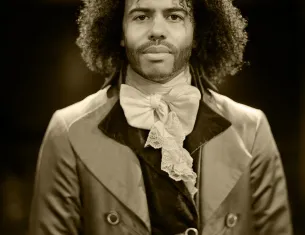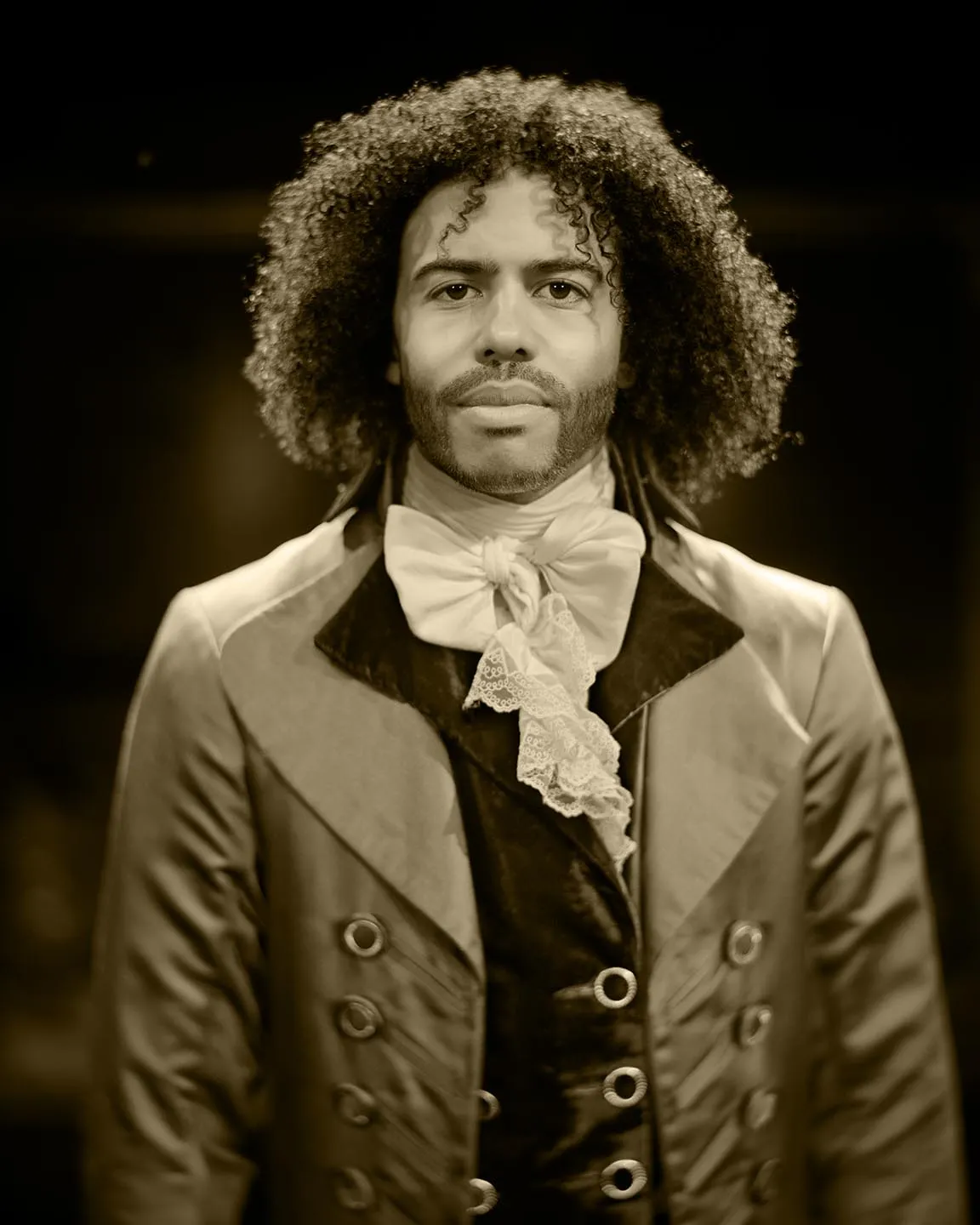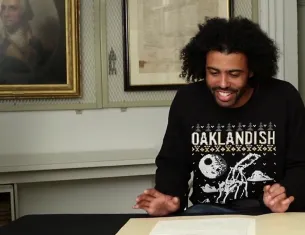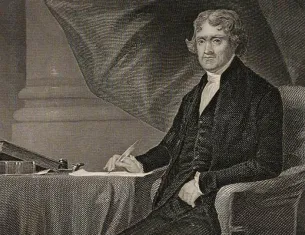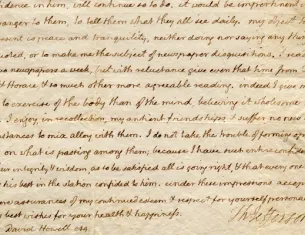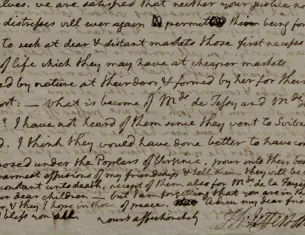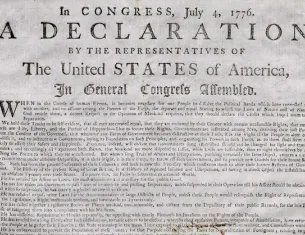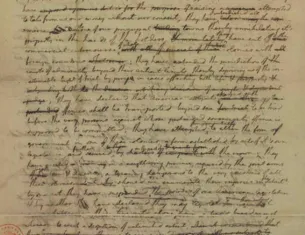Thomas Jefferson
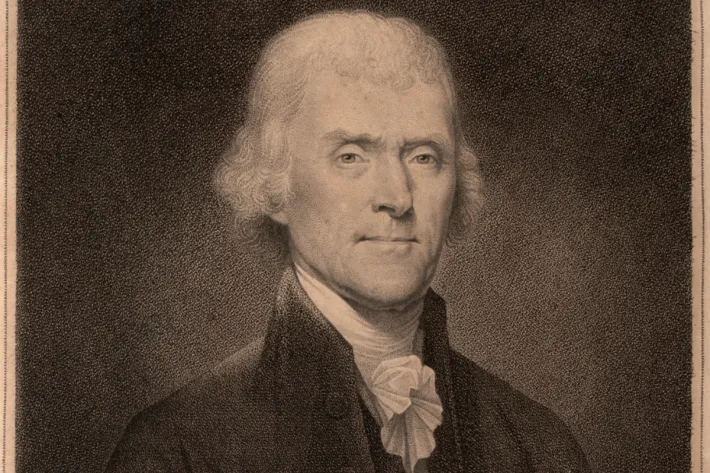
Thomas Jefferson, engraved by C. Tidout, based on a painting by Rembrandt Peale, 1801. (The Gilder Lehrman Institute of American History)
Thomas Jefferson (1743–1826) was the primary author of the Declaration of Independence, a governor of Virginia, the first secretary of state, the second vice president, and the third president of the United States.
By the time Jefferson arrived at the Second Continental Congress he was recognized as an eloquent writer and a powerful advocate of liberty. Thus the Committee of Five, selected by Congress to draft a declaration of independence, chose Jefferson. He wrote it in 17 days; it then went through revisions in the committee and again in Congress before being adopted on July 4, 1776.
In 1781 he wrote Notes on the State of Virginia, which addressed religion, government, education, and slavery.
After his wife’s death in 1782, Jefferson returned to Congress, and three years later he replaced Benjamin Franklin as minister to France. He remained in France for five years but returned to the United States to serve as George Washington’s secretary of state. In that position, Jefferson clashed with Alexander Hamilton and founded the Democratic-Republican Party, which opposed Washington and Hamilton’s Federalists. Jefferson entered the presidential race in 1796 and came in second, so he became John Adams’ vice president.
In 1800, Jefferson and Adams faced off again for the presidency. Each ran a bitter, personal campaign against the other. The election resulted in a tie between Jefferson and his running mate, Aaron Burr. The decision over the presidency was put to Congress, and after thirty-six ballots Jefferson was finally declared the winner. During his two terms, Jefferson worked to reverse Federalist policies and appointments. In 1803, Jefferson’s refusal to confirm Federalist judges appointed by John Adams just before leaving office resulted in the Supreme Court case Marbury v. Madison. One of Jefferson’s most important accomplishments as president was the 1803 Louisiana Purchase, which doubled the size of the nation. His embargo of 1807, however, damaged the American economy and the people’s trust in the government. After leaving office, Jefferson returned to his home at Monticello and in retirement founded the University of Virginia and reconciled with his former political rival, John Adams.
